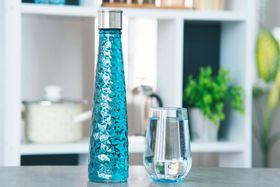4 Considerations to Make When Choosing a Reverse Osmosis System
Published October 6, 2024.
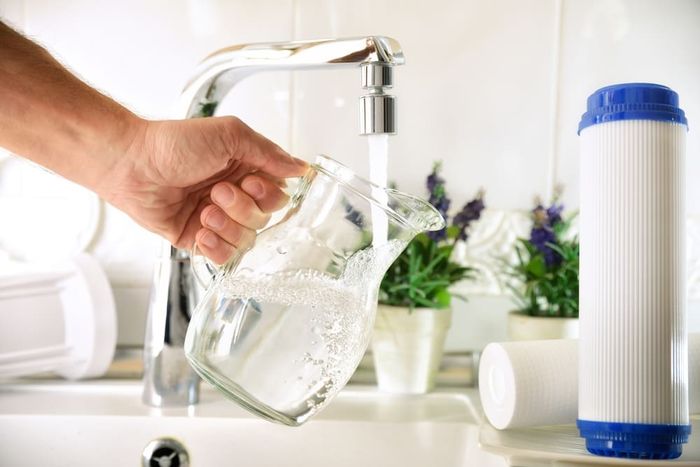
Reverse osmosis water is considered one of the cleanest forms of water. There are many benefits to reverse osmosis water, as these systems remove up to 99% of lead, asbestos, and 82 other water contaminants. Installing a reverse osmosis system in your home ensures you always have access to quality water that's safe from bacteria, parasites, chlorine, heavy metals, and other potentially harmful contaminants, which is essential in areas with unsafe drinking water.
Although an RO filter is a great investment, it can be tricky to choose the perfect system for your household. To help you make the best choice, below we've outlined four important things to consider before you choose a reverse osmosis system for your home.
» Learn the health benefits of reverse osmosis water
1. Good Balance of Cost and Quality
One of the first aspects you'll need to think about is your reverse osmosis system budget. RO systems can be quite pricey, but it's worth spending a little more to get the desired results. The more expensive systems often feature more stages, or the number of filters used. They also have the ability to filter larger volumes of water at a time and have added features like autoflush.
Some of the more high-end RO filters are also able to add valuable nutrients back to the drinking water after the potentially harmful ones have been filtered out. On the other hand, as with any other product, the RO systems on the lower end of the price range might leave you feeling disappointed. They could be made from cheap materials that don't last or filter properly. When it comes to the mid-range systems, they function well enough to get the job done properly, but the higher-end options come with some added nice-to-have features.
2. Water Pressure
When choosing your water filter, you'll need to know you have sufficient water pressure for a reverse osmosis system to function properly. The ideal water pressure for an RO system is 60 PSI (pounds per square inch). Any pressure below 40 PSI is considered insufficient, and you'll likely need to boost your water with a pressure booster pump. Low water pressure will result in the RO system filtering less water at a reduced quality.
» RO vs. water softener: learn which is better for drinking
3. City Water vs. Well Water
When looking to install a reverse osmosis system, you should also know whether you'll be using it to filter city water or well water.
City Water
City water is supplied from local treatment plants, and it primarily comes from surface or groundwater supplies. The water that enters the treatment plants may contain all sorts of contaminants like arsenic, herbicides, pesticides, parasites, bacteria, and heavy metals. Once it's in the treatment plant, chlorine is added to disinfect the drinking water. Reverse osmosis is a good option for drinking water supplied from the city because it could contain potentially harmful substances that your RO system will remove.
Well Water
Although most wells get their water from underground aquifers, well water is still susceptible to impurities like microorganisms, nitrate, heavy metals, and other chemicals. Well water isn't treated with chlorine, but reverse osmosis is still a good choice for removing all these potentially harmful substances.
» RO water vs. tap filter water: learn which is safer for drinking
4. Dangers of Reverse Osmosis Water
While reverse osmosis is highly efficient at removing contaminants and harmful compounds from drinking water, it has its downfalls. Reverse osmosis filtration also removes essential minerals from tap water, including sodium, manganese, iron, calcium, potassium, magnesium, and copper.
As some of these minerals are actually good for you, consuming demineralized water can have negative side effects and even cause health issues, as your body doesn't get the nutrients it needs from drinking water. Consuming RO water that's been stripped of minerals for a long period of time can lead to various problems, including gastrointestinal issues. To avoid these dangers, you should remineralize your RO water with solutions like Mayu's Essential Mineral Drops.
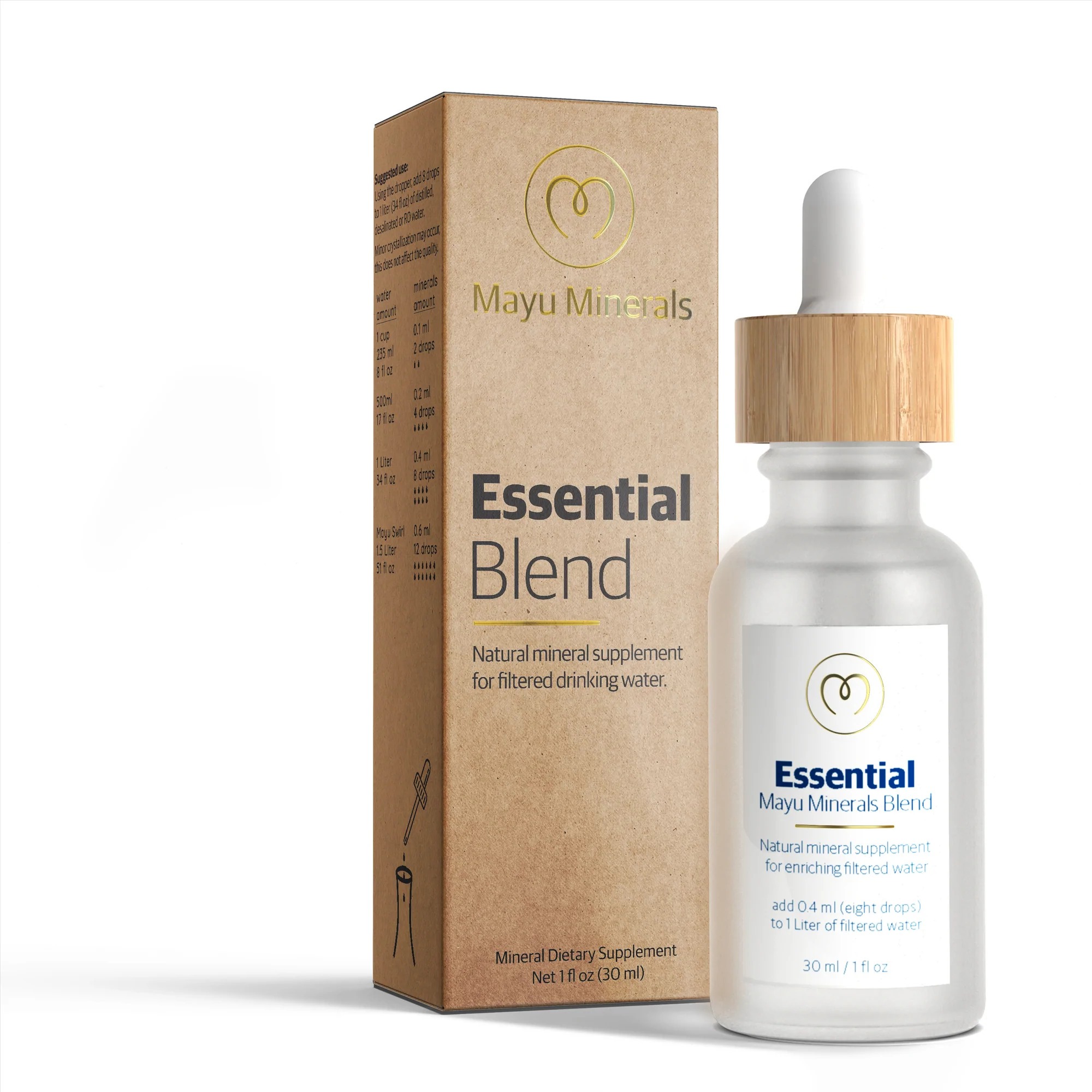
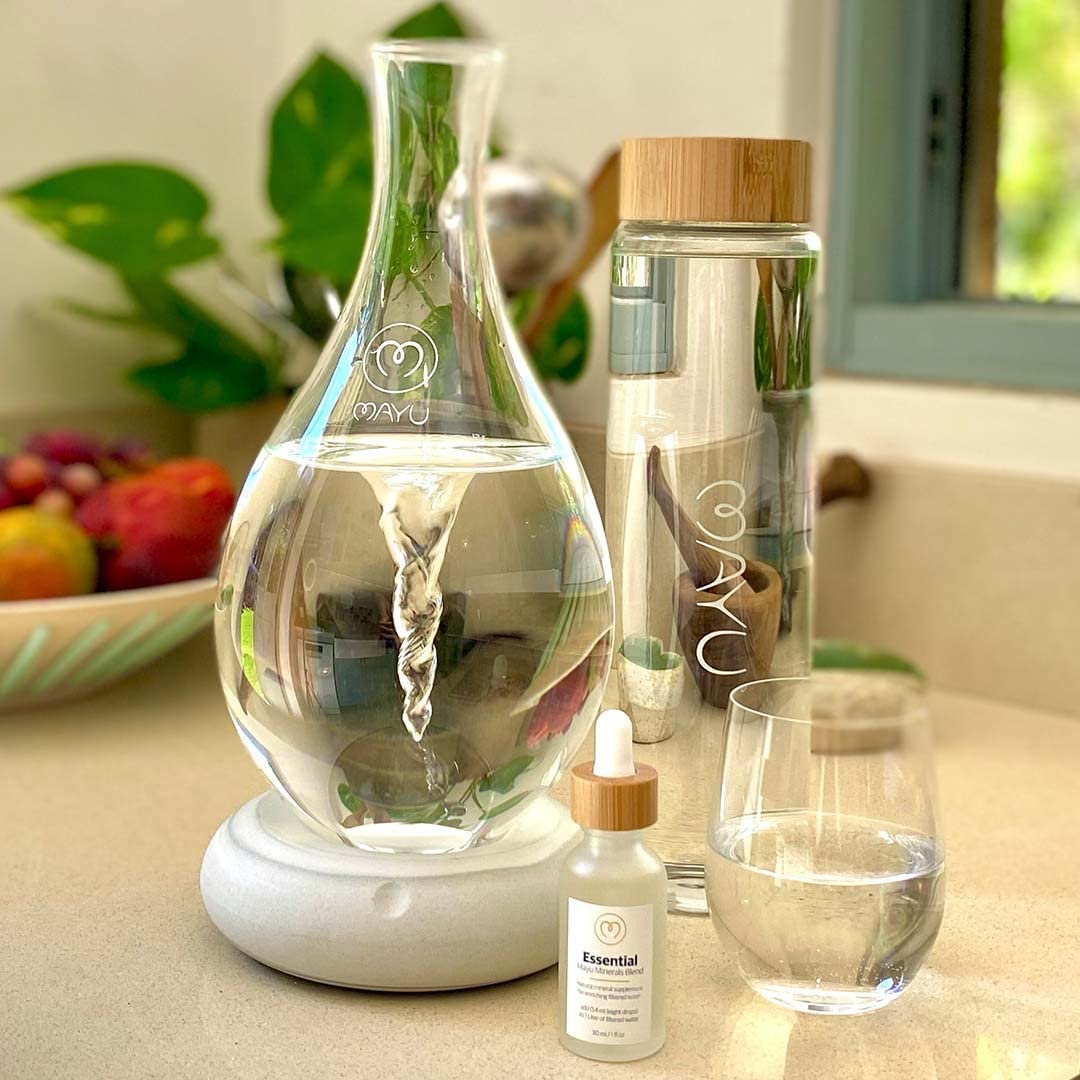
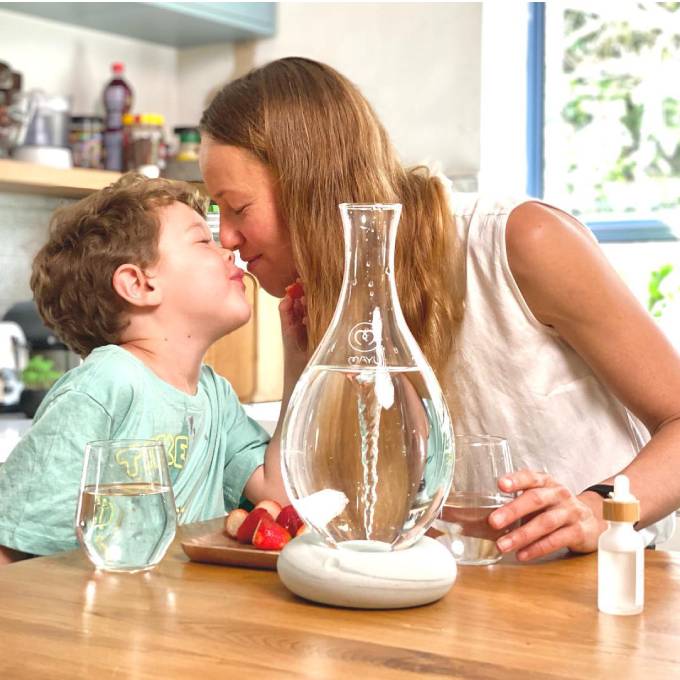
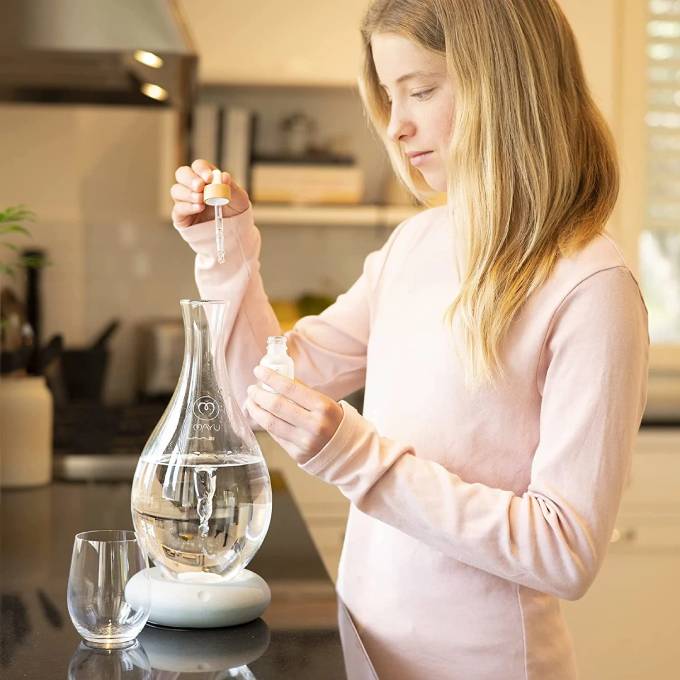
Adding minerals back to water in the form of drops is among the healthiest ways to remineralize your RO water, and Mayu's Essential Mineral Drops are a convenient way to reap the benefits of RO water without having to worry about the potential dangers.
Choose Your RO System Wisely
Installing a reverse osmosis system is a great way to ensure you have clean, uncontaminated water. However, it's important to carefully consider the factors that play a role in picking the perfect filter that will improve your water quality while suiting your specific needs.
When it comes to reverse osmosis systems, the most important thing to keep in mind is that RO water doesn't contain any minerals and should be remineralized to provide the essential minerals your drinking water should have. Mayu's Essential Mineral Drops are an easy way to achieve this and reap all the benefits of RO water in your home.













































